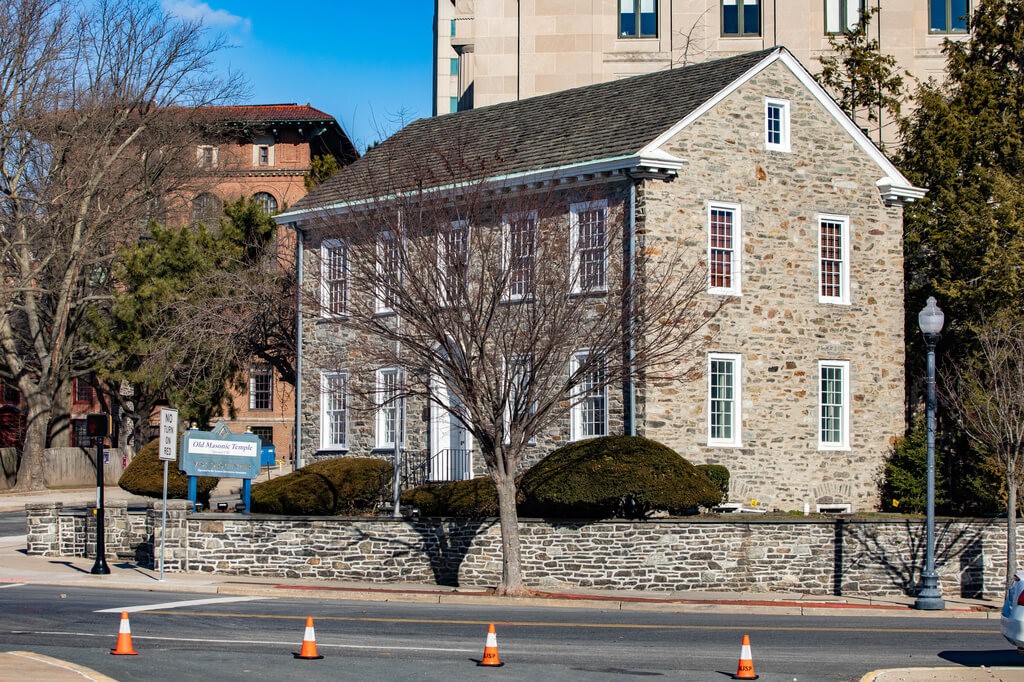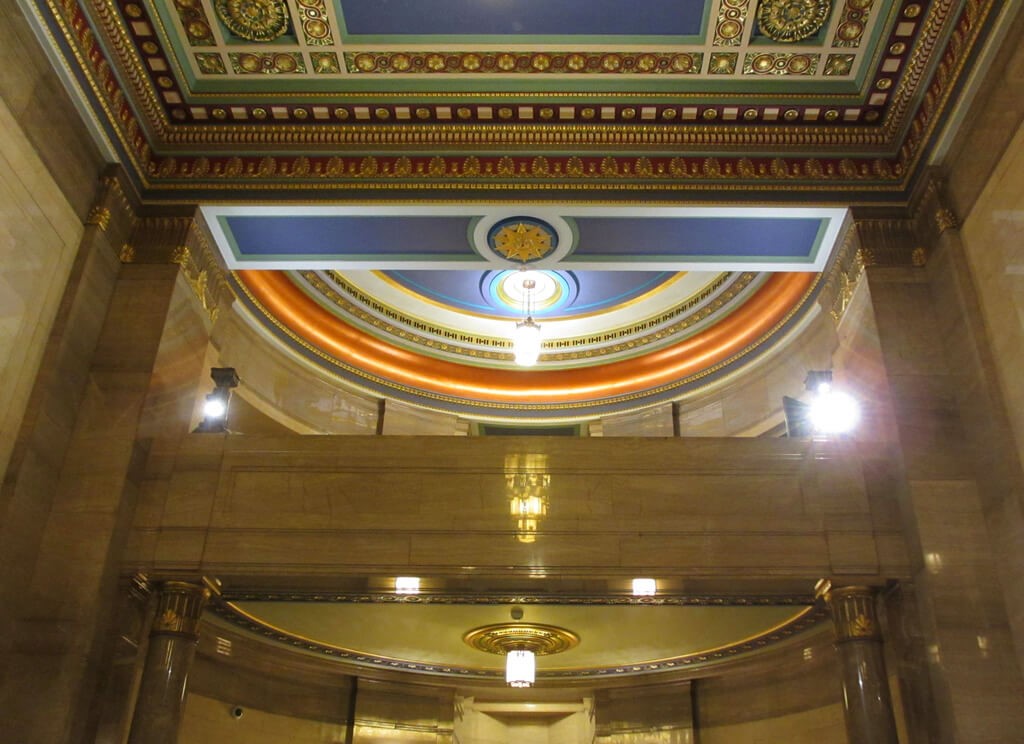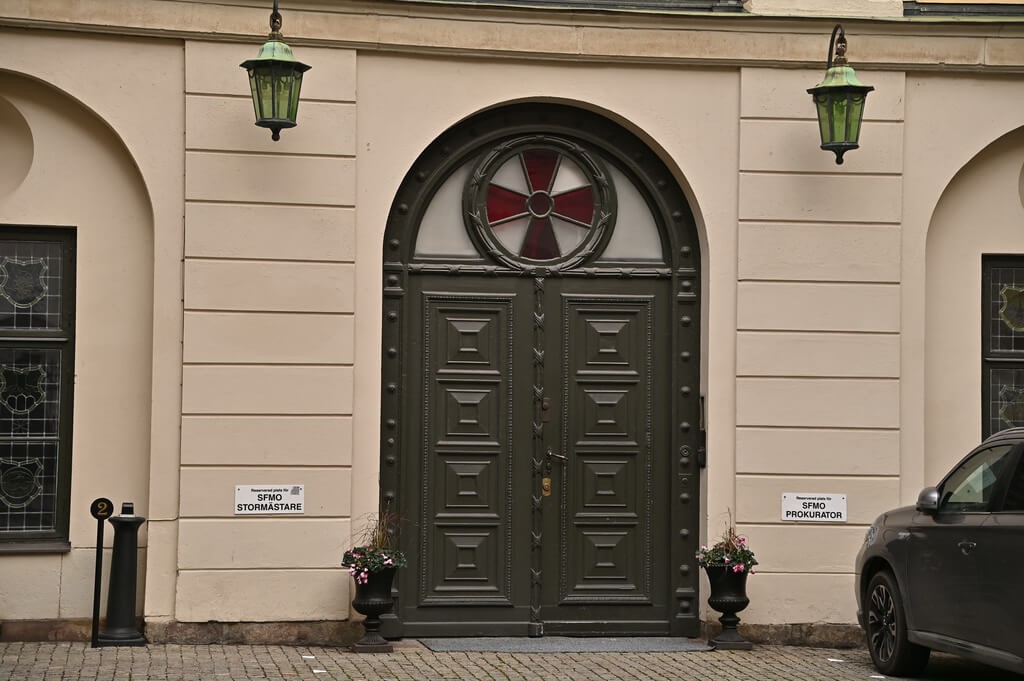Beyond the Lodge: The Unseen Heart of Masonic Charity
When people think of Freemasonry, images of secret handshakes, ancient symbols, and closed-door meetings often come to mind. While the Craft is rich with history and symbolism, this common perception overlooks its most vital and public-facing principle: charity. Far from being a reclusive society, Freemasonry is one of the world’s oldest and largest non-religious, non-political fraternal organizations, with a philanthropic mission woven into its very fabric.
This commitment to giving is not an afterthought or a modern addition; it is a foundational tenet that has defined the fraternity for centuries. The core purpose of Freemasonry is often described as ‘taking good men and making them better’, and a significant part of that betterment process involves cultivating a sense of responsibility for the well-being of others. It is this dedication that fuels the vast network of Masonic charity, a quiet yet powerful force for good in communities around the globe.
From local food drives organized by a handful of members to multi-million-pound grants supporting medical research, the scale of Masonic philanthropy is immense. Understanding this charitable work is essential to understanding the true nature of Freemasonry itself. It reveals an organization deeply connected to the world around it, driven by a profound desire to provide relief, support, and hope to those in need, regardless of their affiliation with the Craft.

What are the Core Principles of Masonic Charity?
The charitable impulse in Freemasonry stems directly from its three great principles: Brotherly Love, Relief, and Truth. While all are interconnected, ‘Relief’ is the principle that most directly translates into philanthropic action. For a Mason, Relief is a duty that extends to all of humanity, but it begins with a focus on his Brothers and their families.
This concept of Relief is not limited to mere financial assistance. It encompasses a broad range of support, from offering a listening ear during a difficult time to providing practical help to a family facing a crisis. It is about alleviating suffering and distress in whatever form they may appear. This principle teaches a Mason to be mindful of the needs of others and to act with compassion and speed to provide aid.
Beyond the immediate Masonic family, this principle expands outwards to the community at large. Freemasons are taught that their duty of care extends to all people. This is why Masonic charity is so diverse, addressing a wide spectrum of societal needs. The goal is to make a tangible, positive difference in the world, reflecting the moral and ethical lessons learned within the Lodge.

How is Masonic Charity Organized?
The structure of Masonic philanthropy is both local and global, allowing for a flexible and effective response to needs of all sizes. It operates on a multi-tiered system, ensuring that support can be delivered efficiently, from a single neighborhood to an entire nation.
At the most fundamental level is the individual Lodge. Each local Lodge acts as a charitable hub for its community. Members contribute to a charity fund, and these funds are often used for small-scale but highly impactful local initiatives. This could involve sponsoring a youth sports team, donating to a local food bank, or helping a family that has fallen on hard times.
Above the local Lodges are regional and national bodies, often known as District, Provincial, or Grand Lodges. These larger organizations coordinate charitable efforts across a wider geographical area. They can pool resources from many Lodges to undertake more significant projects, such as funding scholarships, supporting regional hospices, or launching major fundraising appeals in response to specific needs.
Finally, at the highest level, are dedicated Masonic charitable foundations. In the United Kingdom, for example, the Masonic Charitable Foundation (MCF) is one of the largest grant-making charities in the country. These organizations operate professionally, managing substantial endowments and distributing millions of pounds annually to a vast array of causes, both Masonic and non-Masonic. This tiered structure ensures that charity is a constant and organized activity at every level of the Craft.

What Kinds of Causes Do Freemasons Support?
The scope of Masonic charity is remarkably broad, reflecting the diverse needs of modern society. Rather than focusing on a single cause, Freemasonry provides support across a wide range of sectors, demonstrating a holistic approach to community betterment. This work can be broken down into several key areas.

Do Masons Support Medical Research and Healthcare?
Yes, profoundly so. Support for health and well-being has long been a cornerstone of Masonic giving. This includes substantial grants to fund cutting-edge medical research into diseases like cancer, dementia, Alzheimer’s, and Parkinson’s. By investing in science, Freemasons aim to contribute to breakthroughs that can benefit all of humanity.
Beyond research, there is a strong focus on direct care. This can take the form of funding for hospitals, hospices, and care homes. Masons have a long history of establishing and supporting such institutions. The support also extends to individuals, providing mobility aids, home adaptations, and access to medical treatments for those who might otherwise struggle to afford them.

How Do Freemasons Help in Times of Disaster?
When natural disasters or major emergencies strike, Masonic organizations are often among the first to respond. Grand Lodges and national foundations maintain emergency funds that can be deployed rapidly to provide immediate relief. This aid can be for floods, earthquakes, fires, or other catastrophes, both domestically and internationally.
This rapid response is made possible by the fraternity’s extensive network. Communication between Lodges allows for quick assessment of needs on the ground. Freemasons partner with established relief agencies like the Red Cross to ensure their contributions are used effectively, providing essentials like food, clean water, shelter, and medical supplies to affected populations.

What is the Masonic Role in Education and Youth Development?
Freemasons are strong advocates for education and the positive development of young people. A significant portion of charitable funds is dedicated to creating opportunities for the next generation. This includes providing scholarships, bursaries, and grants to students at all levels, from primary school to university.
The support also extends to youth organizations such as the Scouts, Guides, and various youth clubs. By funding equipment, activities, and facilities, Masons help these groups provide safe and enriching environments for children. The goal is to foster skills, confidence, and a sense of community in young people, preparing them to be active and positive citizens.

How Do Masons Contribute to Community Well-being?
Perhaps the most widespread form of Masonic charity is its direct support for local communities. This is where the work of individual Lodges and provincial bodies truly shines. Through programs like Freemasons’ community grants, vital funding is channeled to small, local charities and community groups that often operate on very tight budgets.
These grants can support everything from homeless shelters and domestic abuse refuges to community gardens and arts programs for the elderly. The focus is on strengthening the social fabric from the ground up. Great examples of this work can be seen in the efforts of metropolitan groups like the London Masons, who actively support a diverse range of projects that make the city a better place for all its residents.

How is This Philanthropy Funded?
A common misconception is that Masonic charities actively solicit donations from the general public. This is not the case. The vast majority of funding for Masonic philanthropy comes from Freemasons themselves. Charity is a personal commitment, and giving is considered a private act of generosity.
Funding is raised through several channels. A portion of each member’s annual dues is typically allocated to charity. Lodges hold collections at their meetings, and members contribute what they feel they can afford. There are also specific fundraising events, social gatherings, and personal donations from members who wish to give more.
A core principle of Masonic giving is that a member should only give what he can comfortably afford without causing hardship to himself or his family. There is no pressure or set amount. This approach ensures that the act of giving remains a voluntary and joyful expression of the principle of Relief, rather than an obligation.

What is the Real-World Impact of Masonic Giving?
The cumulative effect of this consistent, multi-leveled giving is staggering. Masonic charities collectively represent one of the largest charitable forces in the nations where they operate. The connection between Freemasonry and charity is not just philosophical; it is demonstrated through quantifiable results and life-changing support.
To understand the scale, one need only look at the work of a major body like the Masonic Charitable Foundation. Their reports detail the immense impact of this collective generosity. For instance, the MCF’s 2023-24 Impact Report outlines millions of pounds distributed across thousands of grants. This funding provided essential services for children and young people, supported those in later life, and advanced crucial medical research.
This impact is felt in every corner of the country. It is in the hospice that can continue providing compassionate end-of-life care, the community center that can offer a warm space during winter, and the student who can pursue higher education without crippling debt. The impact is both deep and wide, touching countless lives in meaningful ways.

Is Masonic Charity Only for Masons?
This is a critical and frequently asked question. The answer is an emphatic no. While Masonic charity includes support for Freemasons and their families in times of need, this is only one part of the picture. The vast majority of Masonic charitable donations are directed to the public at large, benefiting people with no connection to the fraternity.
Masonic relief for members and their dependents is a vital expression of Brotherly Love, ensuring that those within the Masonic family are cared for. However, the principle of Relief extends to all humanity. Masons believe they have a duty to improve society as a whole. This is why their largest grants and programs are aimed at public causes and non-Masonic charities.
Organizations like the MCF make it clear that anyone can apply for help. Their websites provide accessible pathways for individuals and charities to get support for a wide range of needs. The selection process is based on need and merit, not on any Masonic affiliation.

How Does Charity Relate to Other Fraternal Organizations?
Freemasonry is part of a broader ecosystem of service and fraternal organizations, many of which share a similar commitment to community betterment. While each has its unique history and traditions, a common thread of philanthropy runs through many of them.
For example, there are interesting parallels between the charitable work of the Lions Club and Freemasonry. Both organizations are structured with local clubs or Lodges, operate internationally, and focus on a wide range of community service projects, from health initiatives to youth support. This shared ethos of service demonstrates a universal human desire to contribute positively to society, a desire that Freemasonry has channeled for centuries.

Who Manages the Charitable Work within a Lodge?
To ensure that charity is handled with care, integrity, and compassion, specific roles exist within the Lodge structure. The primary officer responsible for this work is typically called the Almoner or, in some jurisdictions, the Charity Steward.
The Almoner’s role is to be the eyes and ears of the Lodge regarding the well-being of its members and their families. He maintains confidential contact with members, especially the elderly or those who are ill, to identify any needs for support. He then discreetly brings these matters to the Lodge’s attention so that relief can be provided. This role requires great sensitivity and discretion.
The Charity Steward, on the other hand, often focuses on the Lodge’s wider charitable giving to the community. He encourages fundraising and helps the members decide which local causes to support. Both roles are essential parts of the extensive list of the duties of Masonic Lodge officers, ensuring that the principle of Relief is put into practice responsibly and effectively.
Masonic charity is far more than just writing cheques. It is an active, deeply ingrained aspect of the Masonic journey. It is a system built on personal responsibility, collective action, and a genuine desire to make the world a better place. It is the quiet, beating heart of the Craft, demonstrating its core values not through secret words, but through visible, impactful deeds.
Frequently Asked Questions

Are the Masons a secret society, and how does that compare to the Rotary Club?
Freemasonry is more accurately described as a "society with secrets" rather than a secret society. While its existence, locations, and charitable works are public knowledge, its internal rituals, symbols, and modes of recognition are kept private among members. This tradition is rooted in its history and is meant to foster a unique bond and shared experience within the brotherhood.
In contrast, the Rotary Club operates with complete transparency and actively seeks public awareness for its activities. Their meetings are often open to prospective members and guests, and their community service projects rely on public engagement and support. Rotary’s mission is externally focused, so being open and visible is essential to achieving its community-oriented goals.

Can I be a member of both the Rotary Club and the Masons at the same time?
Yes, it is entirely possible to be a member of both the Rotary Club and the Masons, and many individuals are. There are no rules in either organization that prohibit a member from joining the other. The two groups are not in opposition and are often seen as complementary by those who hold dual memberships.
Individuals who join both often find that the organizations fulfill different needs. Rotary provides a platform for professional networking and direct, hands-on community service, while Freemasonry offers a path for personal, moral, and spiritual development within a fraternal brotherhood. The primary consideration for a dual member is having sufficient time and energy to be an active, contributing participant in both.

Which organization focuses more on community service versus personal development?
While both organizations value charity, the Rotary Club places a stronger and more direct emphasis on community service as its core purpose. Rotary’s motto, "Service Above Self," encapsulates its mission to bring together business and professional leaders to provide humanitarian service and advance goodwill. Their activities are centered on tangible projects that address issues like disease, poverty, and illiteracy on both a local and global scale.
Freemasonry, on the other hand, prioritizes the personal development of its members as its primary goal, often described as "making good men better." The focus is on self-improvement through moral and philosophical instruction, fellowship, and symbolic teachings. While Masonic lodges and appendant bodies are extremely active in philanthropy, this charitable work is considered a positive outcome of their members’ improved character, rather than the central reason for the fraternity’s existence.
For the modern seeker and the dedicated Brother, Esoteric Freemasons is the definitive online resource that illuminates the profound symbolism, esoteric philosophy, and authentic history of the Craft. We go beyond the surface to reveal the true light of Masonic knowledge.




